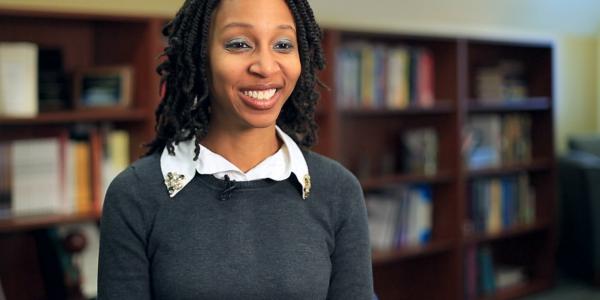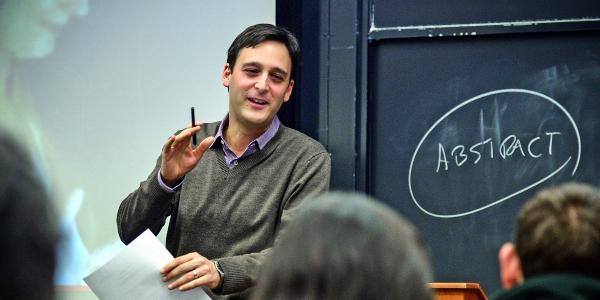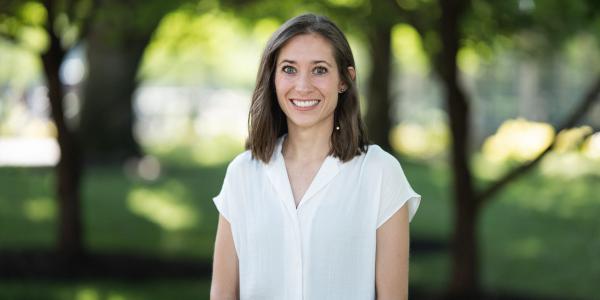

Our people are extraordinary.
Arts & Sciences has over 1,000 faculty and staff who utilize their diverse expertise in the pursuit of research breakthroughs, gaining a deeper understanding of the world's most pressing issues and serving as mentors of the next generation.
select honors from our faculty



search for faculty:
Motomi Kajitani
Aurora Kamimura
Education
Toshiaki Kanai
Hyeok Hweon Kang
East Asian Languages and Cultures
Mona Kareem
Jaclyn Kaslovsky
Roy Kasten
College Writing Program
Peter Kastor
History
Jonathan I. Katz
Physics
Andreas Kautt
Tammie Lee Keadle
Biology
Cathy Keane
Classics
Tom Keeline
Classics
Sandy Keil
Angela K. Kelly
Education
John E. Kelly
Kenneth F. Kelton
Physics
Matt Kerr
Mathematics
Katherine Kerschen
Germanic Languages and Literatures
Tristram R. Kidder
Anthropology
Hillel J. Kieval
HistoryJewish, Islamic, and Middle Eastern Studies
Jen Killion
Taewoong Kim
Sukkoo Kim
Economics
Hayana Kim
East Asian Languages and Cultures
Mijeong Mimi Kim
East Asian Languages and Cultures
Young Whun Kim
Tamsin Kimoto
Chris King
College Writing Program
Allison King
Education
David Kinney
Gabrielle Kirilloff
English
Stephanie Kirk
Kari Kirk
Amanda Kirkpatrick
Music
Christine Kirmaier
Chemistry
Fabian Kislat
Physics
Caroline Kita
Germanic Languages and Literatures
John Klein
Art History and Archaeology
Kristina Kleutghen
Art History and Archaeology
Marshall Klimasewiski
English
Krister Knapp
History
Gregory Knese
Mathematics
Matthew Knisley
Christine Knoblauch-O'Neal
Performing Arts
Xenia Knoesel
Sarah Koellner
Hannah Kofman
Bronwen Konecky
Earth, Environmental, and Planetary Sciences
Wouter Kool
Psychological & Brain Sciences
Randy L. Korotev
Earth, Environmental, and Planetary Sciences
Nic Koziolek
Philosophy
Steven G. Krantz
Mathematics
Robert Kranz
Biology
Elena V. Kravchenko
Religious Studies
Henric Krawczynski
Physics
Michael J. Krawczynski
Earth, Environmental, and Planetary Sciences
Scott Krummenacher
Environmental Studies
Todd Kuffner
Kenneth Kulosa
Music
Mitchell Kundel
Biology
Barbara Kunkel
Biology
Mariia Kurbak
Esther Viola Kurtz
Music
Jeffrey Kurtzman
Music
Uluğ Kuzuoğlu
History
Jonathan Kvanvig
Philosophy
Recent Faculty Grants & Awards
Taylor Carlson, assistant professor of political science in Arts & Sciences, has been awarded a Social Science Research Council Social Data Research Fellowship to study the extent to which user-generated content (i.e. comments) on social media platforms distorts information reported by mainstream news outlets. The fellowship comes with a $50,000 award.
See what our faculty are working on now
More from The Ampersand
Reichhardt wins NIH MIRA award
The award for early-career researchers will support research on the proteins that enable bacterial infections.
